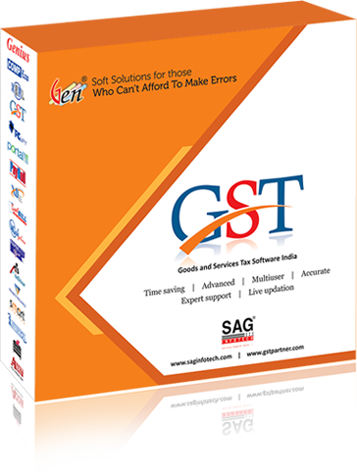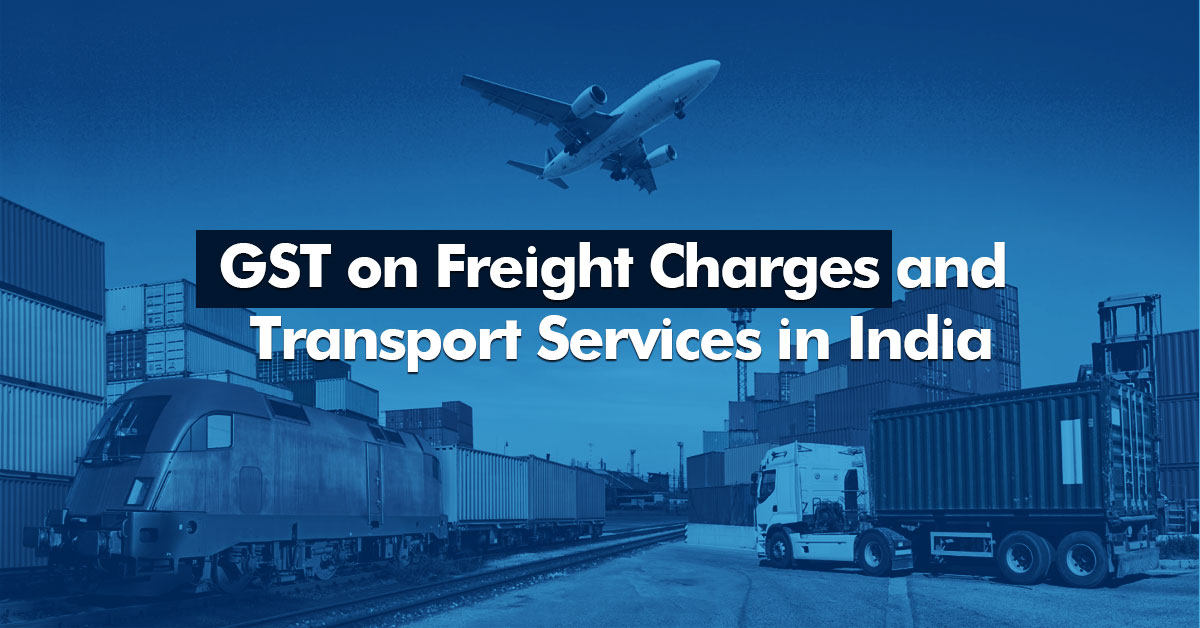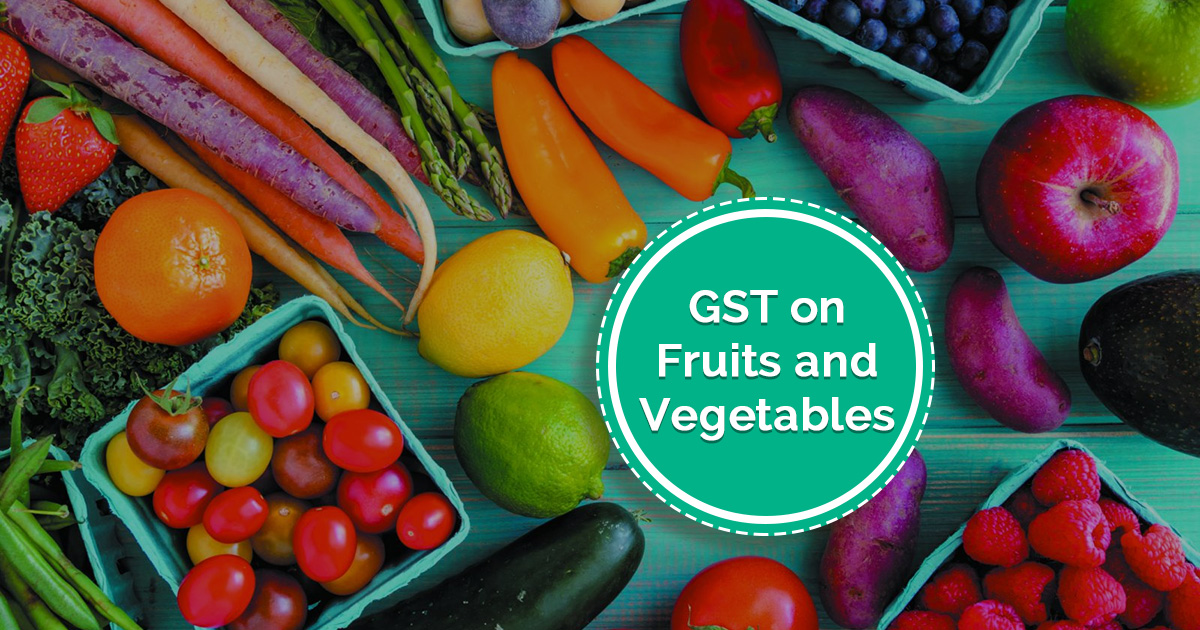Freight refers to the bulk transportation of goods via road (train or truck), air (aircrafts), or water (ship). Just like many other goods and services in India, the freight industry has also been affected by the Goods and Services Tax (GST) which was officially implemented on 1st July 2017 in the country. In this article, you will find details about GST on freight and freight charges, transporting services and agents, tax liability, the provision for registration, input credit on freights, and more.
Contents
Impact of GST on Freight in India
The agent or company offering a freight service is normally called a Goods Transport Agency (GTA). Any mode of transportation, from a courier agency to an auto rickshaw, can be included in this category. A person who provides transport or freight related services and issues a transport note, commonly known as Lorry Receipt (LR), along with the freight is called the Goods Transport Agent or the GTA.
It is essential for a GTA to issue a consignment note with each of his transports and provide the same to the person responsible for transportation. A copy of this note is also sent to the consignee which makes him/her eligible to receive the goods.
The GST will be applicable according to the rules mentioned below on the freight services provided by a licensed GTA.
GST Exempt Freight Services
The following freight charges will be exempt from GST.
- Transport of defence/military equipment
- Transport of agricultural produce
- Transport of organic manure
- Transport of RNI registered newspapers or magazines
- Transport of milk, food grains such as rice, flour, pulses, and salt
- Transport of relief materials for accident or disaster victims (including natural or man-made disasters, calamities or mishaps)
- Transportations of a single carriage where the transport cost is less than Rs. 1,500
5% GST rate shall be applicable on all freight charges, except for the transportations listed above.
GST on Freight in a Supply Invoice
GST will be charged on the value of supply as per the normal GST rate depending on the goods being supplied. If the freight charge is added to the supply value in the bill, then GST will be levied on freight charges at the same rate as the GST rate on the supply value.
GST on freight forwarding services
Logistics and freight forwarding services, including the movement of goods by any transport method, shall be treated as the “supply of services”. The GST applicability on freight forwarding will depend on whether the transportation is international or domestic.
Recommended: GST impact on Logistics Industry
Who will Pay the GST on Freight?
A freight transport has the following main subjects: the sender of goods (consignor), the GTA, and the recipient of goods (consignee).
The GST on freight is paid by the recipient of the (freight) service, the person who pays the freight charges. So, if the sender (consignor) pays the freight charges to the GTA, he will be the recipient of service and thus liable to pay GST. If the consignee pays the freight charges, he will also be liable to pay the tax on freight.
The freight tax will be borne either by the recipient of the service or by the GTA, depending on whether the recipient belongs to the category of specified persons.
When the freight service is provided by a GTA to any of the following specified persons, the service recipient will be liable to pay GST on the reverse charge basis.
- A person registered under GST
- A factory registered under the Factories Act, 1948
- A co-operative society established by or under any law
- A body corporate established by or under any law
- A Society registered under Societies Registration Act, 1860 or under any other law for the time being in force in any part of India
- A partnership firm, whether registered or not under any law, including association of persons
- A casual taxable person
All these persons are required to register under GST, even if their turnover is less than the threshold. If these persons are using any freight service, they will have to pay the GST on freight on reverse charge basis. These persons will also be eligible for input tax credit under GST.
However, if a registered GTA provides freight service to a recipient who doesn’t belong to the category of persons specified above, then the GTA will be liable to pay tax on reverse charge basis on the particular freight service.
The following persons do not fall into the specified category.
- Unregistered Sole Proprietor
- Unregistered HUF (Hindu Undivided Family)
- Unregistered BOI (Body of Individuals)
The tax is applicable only if the GTA is registered under GST.
When a GTA is liable to pay tax on a freight service provided by him, he basically has the following two options.
1. Pay tax @ 5% with no input tax credit
2. Pay tax @ 12% with full input tax credit
GST Registration for a Goods Transport Agent/Agency (GTA)
A GTA, who only provides freight services to the specified persons (mentioned above) liable to pay tax on reverse charge basis, doesn’t have to register under GST, even if their annual turnover is more than the threshold limit. As long as they are not paying any tax, they are not required to get GST registration.
A GTA, who provides services to the specified persons as well as to those persons who are not in the specified category (such as sole proprietors, HUF, etc.), will have to register under GST, only if his aggregator turnover is above the threshold limit.
The Form GST ENR-01 on the GST portal can be used by all unregistered GTAs to enroll under GST. Even an unregistered GTA, who has applied for GST enrollment, can generate E-way bills from the portal using their unique enrollment number.






